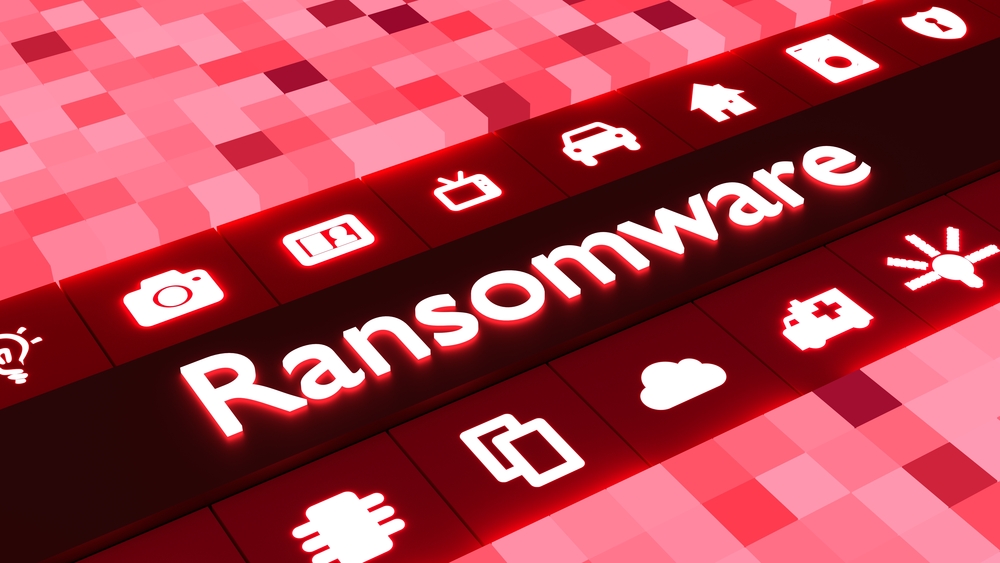PYSA ransomware gang attacks educational organizations with ChaChi malware
Golang-based RAT used to steal data before encryption


Security researchers have revealed the PYSA ransomware gang has started using a Golang-based Trojan (RAT) called ChaChi as part of a new campaign against educational organizations.
According to the BlackBerry Threat Research and Intelligence SPEAR Team, The PYSA crime gang developed the ChaChi malware, which is named after two key components of the RAT, Chashell and Chisel.
Researchers estimate the hackers developed ChaChi no earlier than mid-2019, but they believe its development likely occurred near the beginning of 2020.
Hackers used the earliest variant of this malware in attacks on French government authorities’ networks in March of 2020. Since then, researchers have observed it in attacks on health care organizations, private companies, and educational establishments. Recent PYSA ransomware attacks have targeted higher education and K-12 schools across 12 states and in the UK.
“After initial sightings in attacks during the first quarter of 2020, ChaChi’s code was altered to include obfuscation and persistence in late March or early April. Very soon after that, we started seeing ChaChi variants with the added DNS tunnelling and Port-Forwarding/Proxy functionality. There have been few noteworthy changes after that point,” researchers said.
In addition to installing ChaChi, the latest PYSA campaign uses PowerShell scripts to uninstall/stop/disable antivirus and other essential services.
Researchers said that by using Golang to develop ChaChi, PYSA ransomware operators can frustrate detection and prevention efforts by analysts and tools unfamiliar with the language.
Sign up today and you will receive a free copy of our Future Focus 2025 report - the leading guidance on AI, cybersecurity and other IT challenges as per 700+ senior executives
RELATED RESOURCE

“The earliest version of ChaChi lacked several features of more mature malware, but its rapid evolution and recent deployment against national governments, healthcare organizations, and educational institutions indicates this malware is being actively developed and improved,” said researchers.
Researchers added that the malware is a “powerful tool” in the hands of malicious actors who are targeting industries notoriously susceptible to cyber attacks.
“It has demonstrated itself as a capable threat, and its use by PYSA ransomware operatives is a cause for concern, especially at a time when ransomware is experiencing alarming success through a string of high-profile attacks including campaigns conducted by REvil, Avaddon and DarkSide,” said researchers.
Researchers warned that organizations ignoring this threat do so at their own risk, especially in a year of one-after-another cyber security disasters.
Rene Millman is a freelance writer and broadcaster who covers cybersecurity, AI, IoT, and the cloud. He also works as a contributing analyst at GigaOm and has previously worked as an analyst for Gartner covering the infrastructure market. He has made numerous television appearances to give his views and expertise on technology trends and companies that affect and shape our lives. You can follow Rene Millman on Twitter.
-
 Phantom firms: The rise of fraudulent cybersecurity vendors
Phantom firms: The rise of fraudulent cybersecurity vendorsIndustry Insights Channel partners need systematic vendor vetting to combat rising phantom firm scams
-
 Snowflake and OpenAI are teaming up to help enterprises capitalize on their "most valuable asset"
Snowflake and OpenAI are teaming up to help enterprises capitalize on their "most valuable asset"News OpenAI models and tools will now be embedded within the Snowflake Intelligence and Cortex platforms
-
 The FBI has seized the RAMP hacking forum, but will the takedown stick? History tells us otherwise
The FBI has seized the RAMP hacking forum, but will the takedown stick? History tells us otherwiseNews Billing itself as the “only place ransomware allowed", RAMP catered mainly for Russian-speaking cyber criminals
-
 Everything we know so far about the Nike data breach
Everything we know so far about the Nike data breachNews Hackers behind the WorldLeaks ransomware group claim to have accessed sensitive corporate data
-
 There’s a dangerous new ransomware variant on the block – and cyber experts warn it’s flying under the radar
There’s a dangerous new ransomware variant on the block – and cyber experts warn it’s flying under the radarNews The new DeadLock ransomware family is taking off in the wild, researchers warn
-
 Hacker offering US engineering firm data online after alleged breach
Hacker offering US engineering firm data online after alleged breachNews Data relating to Tampa Electric Company, Duke Energy Florida, and American Electric Power was allegedly stolen
-
 Cybersecurity experts face 20 years in prison following ransomware campaign
Cybersecurity experts face 20 years in prison following ransomware campaignTwo men used their tech expertise to carry out ALPHV BlackCat ransomware attacks
-
 15-year-old revealed as key player in Scattered LAPSUS$ Hunters
15-year-old revealed as key player in Scattered LAPSUS$ HuntersNews 'Rey' says he's trying to leave Scattered LAPSUS$ Hunters and is prepared to cooperate with law enforcement
-
 The Scattered Lapsus$ Hunters group is targeting Zendesk customers – here’s what you need to know
The Scattered Lapsus$ Hunters group is targeting Zendesk customers – here’s what you need to knowNews The group appears to be infecting support and help-desk personnel with remote access trojans and other forms of malware
-
 Impact of Asahi cyber attack laid bare as company confirms 1.5 million customers exposed
Impact of Asahi cyber attack laid bare as company confirms 1.5 million customers exposedNews No ransom has been paid, said president and group CEO Atsushi Katsuki, and the company is restoring its systems
